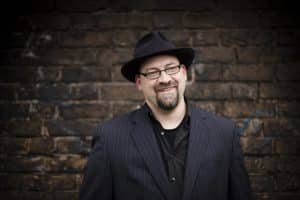Reconnecting with our Audiences
A note from Ken Woods

Conductor Kenneth Woods
We’re now about two months into our series of Music from Wyastone virtual concerts. It has been so exciting to begin to reconnect with you all after so many months of silence.
However big your screen, however fantastic your stereo, we know that a virtual concert will never be the same as a real concert. With that in mind, we’re not trying to re-create a typical orchestra programme in our Music from Wyastone series. One thing you won’t be seeing much of in our series is an evening of well-known works including an overture, concerto and a symphony with a 15-minute intermission. We’re saving those for when we see you person.
Some concerts will focus on a single work, like the Four Last Songs of Richard Strauss which was our first programme. Others, like last month’s Visions of Childhood, will be built around some kind of ‘theme’. We’ll be doing several ‘composer portraits’, exploring and illuminating the work of some of our leading composers.
But I also believe that, in a time when we’re all feeling isolated, disconnected and nervous about the future, the arts have an important role to play in maintaining our sense of community and in nurturing our social connections in an age of social distance. Over the next several months, we’ll be offering a number of seasonal concerts which create opportunities for moments of shared celebration or reflection. Whether it’s our festive 1920’s-style jazz-flavoured New Year’s concert in December, or our solemn observation of Holocaust Remembrance Day in January, we hope some of these programmes will give us a chance to remember what it feels like to remember we are part of something larger than ourselves.
Our next program is a very short moment of reflection as we observe Armistice Day and Remembrance Sunday, premiering at 11:02 AM on the 11th of November. We open with the first recording of Adrian Williams’ haunting Russells’ Elegy and conclude with the world premiere of a new arrangement of Elgar’s “Nimrod” from the Enigma Variations. Neither work was originally conceived in relation to war in general, or World War One in particular. Instead, both are deep meditations on friendship. When we remember the almost incomprehensible sacrifice of the fallen, and remind ourselves of tragic loss of a generation of young people, we must remember that the fallen were parts of a community, just as we are. They were friends, neighbours, colleagues, family members. They were loved in life and missed in death, and should always be remembered. I hope that as we all come together to remember the sorrowful lessons of the past, we will also take comfort in knowing that we do so as neighbours, colleagues, family members and, ultimately, friends.

Kenneth Woods

